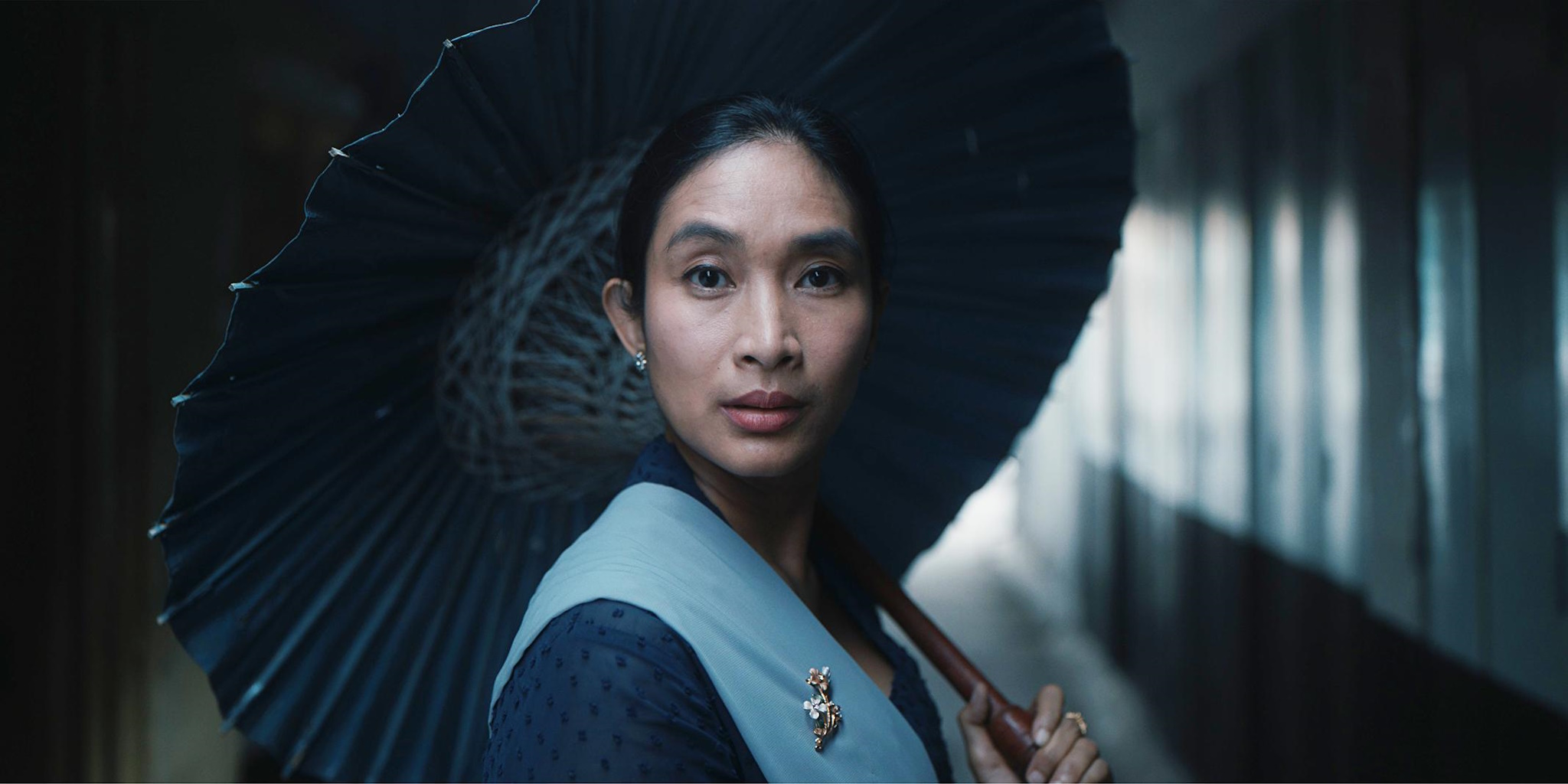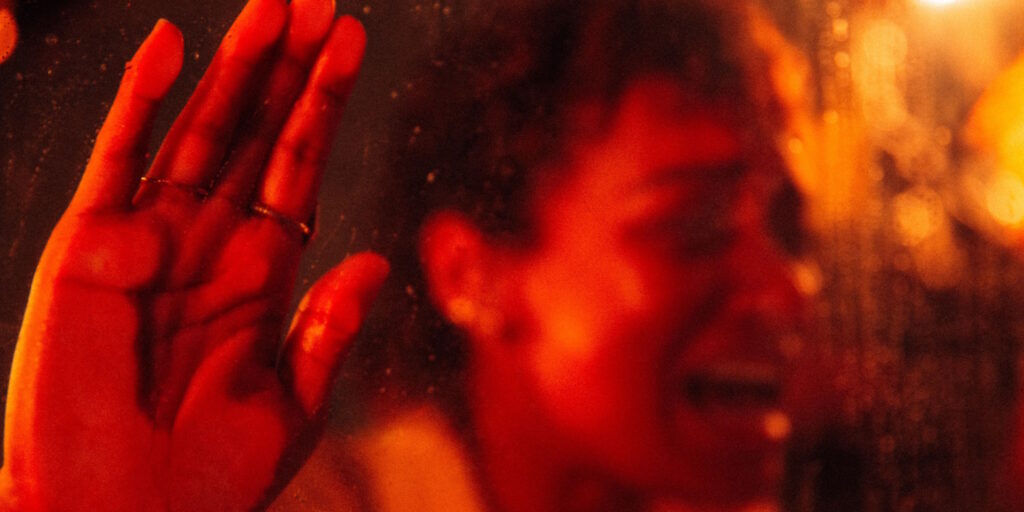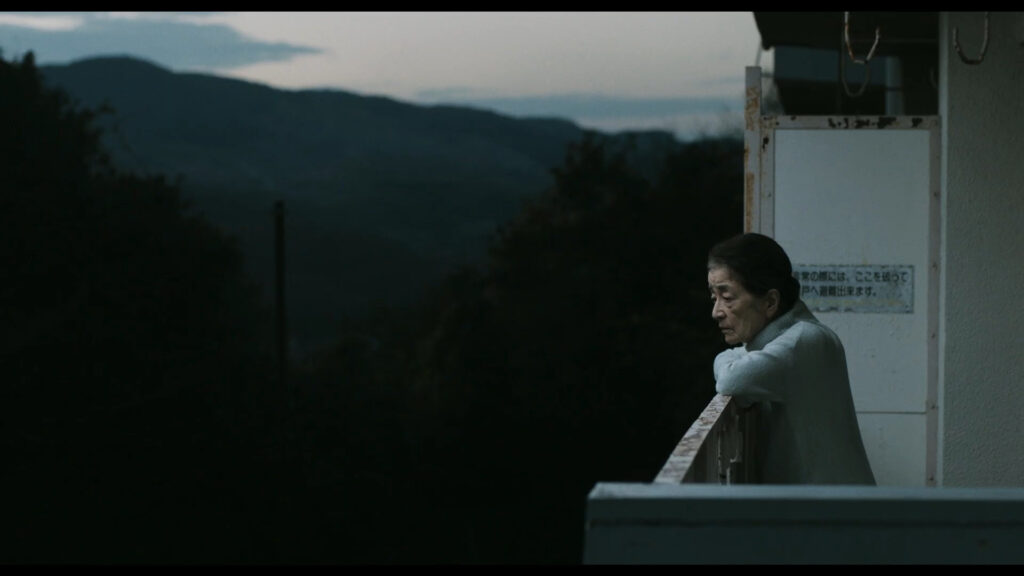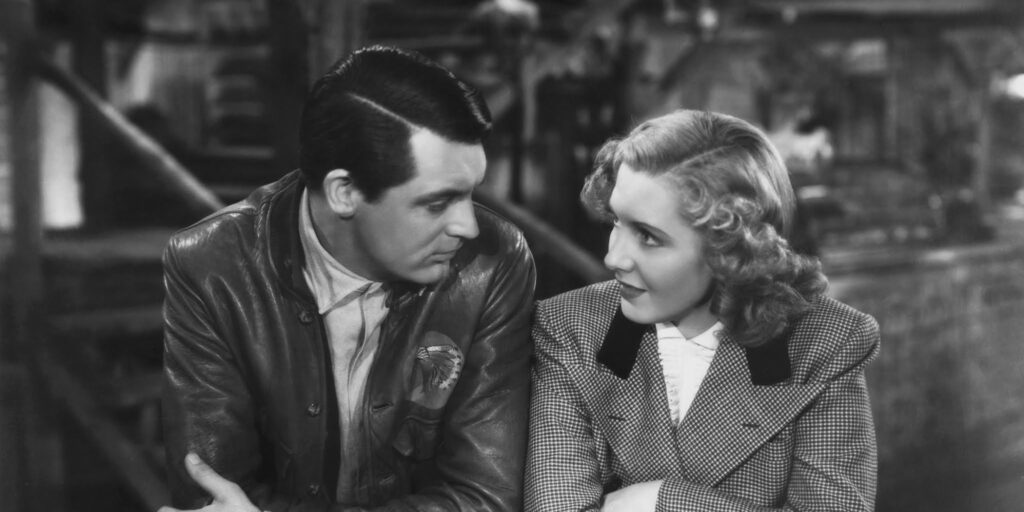“Why is it that guilt always follows women?” asks Nana (Happy Salma) after a quiet moment away from the stressors of the day. This line — nestled in the middle of Before, Now & Then, writer-director Kamila Andini’s adaptation of a single section of Ahda Imran’s My Name Is Jais Darga — means everything in this lonely, mannered film. Before, Now & Then explores the inner desolation of a woman forced into roles she never wanted to play: that of a spouse to a rich Sundanese plantation owner (Arswendy Bening Swara) and a mother to their children in rural Indonesia. Her country has been ravaged by an oppressive anti-communist sweep, taking away all she once held dear — namely her husband and son, both deceased. Now, to escape persecution, Nana has been pushed to embrace a drastically different lifestyle than the one she longs to return to, both in her waking hours and in her dreams.
It is the 1960s, and Cold War conflicts have bled far beyond the confines of the United States and the Soviet Union. In this post-World War II era, hostilities between the Communist Party of Indonesia (PKI) and the country’s military have escalated to civil unrest and mass killings. Following a violent coup and upwards of a million deaths, with a million more prisoners confined to internment camps, the country has been placed in the rough hands of the army’s major general (an administration backed by the U.S., naturally). Rather than face death or imprisonment, Nana flees. Where she ends up — the matriarch of a wealthy insurgent — one can’t help but wonder if she’s truly better off in this new ill-fitting position on the opposing side.
Through all this trauma – the after-effects of which are explored to profound effect in Joshua Oppenheimer’s The Act of Killing (2012) and The Look of Silence (2014) – Nana still feels the burden of remorse: about her first love, her lost child, her new parenting responsibilities, and the life she used to lead. Such complex thoughts and difficult feelings are symbolized by the bun at the back of her head, pinned in place with glamorous jewelry to keep it from spilling out and destroying the myth of the well-kept housewife. It’s only when she’s alone — or with her new husband’s mistress, Miss Ino (Laura Basuki) — that she can finally let her hair down, both literally and figuratively. Around others, when Nana must be on and performing her part, these suppressed feelings are only conveyed through emotionally charged looks of yearning and fleeting glimpses of sorrow.
There’s something so powerful about the image of a solitary person smoking a cigarette, looking despondent. (See also: that infamous picture of Ben Affleck circa 2016.) Andini shows she understands this power exceptionally well by turning it into a recurring visual motif throughout her film. Nana’s smoke breaks — occasionally shared with Miss Ino, a kindred spirit who feels many of the same feelings as Nana in her role as the side piece — radiate an immense amount of energy, as if each puff releases a bit of pent-up pressure. No words even need to be spoken. A deep exhale with eyes closed says more about what’s going on in Nana’s mind than any line of dialogue ever could. Andini is wise to repeatedly allot Salma these pensive intermissions to illustrate how much can be said without saying a thing.
Where films about wives befriending The Other Woman are concerned, Before, Now & Then is one of the most gentle and sympathetic examples in recent memory. Where most entries in this subgenre invoke a strong sense of anger, stoking a burning desire from the audience to see the cheater get what he deserves, Andini goes an alternative route. Here, the viewer simply wants to see Nana — and, by extension, Miss Ido — find peace and happiness. In a way, it’s not even about the guy. We want better for the women, not worse for the man. Above all, solace is the thing we long to see. It’s a clever inversion of a classic trope, one that generates a lighter and more hopeful feeling in the chest than a quest for the punishment or suffering of another.
Before, Now & Then screens nightly at 7:30 p.m. on Saturday, Sept. 30 and Friday, Oct. 1 at the Webster University Film Series.




